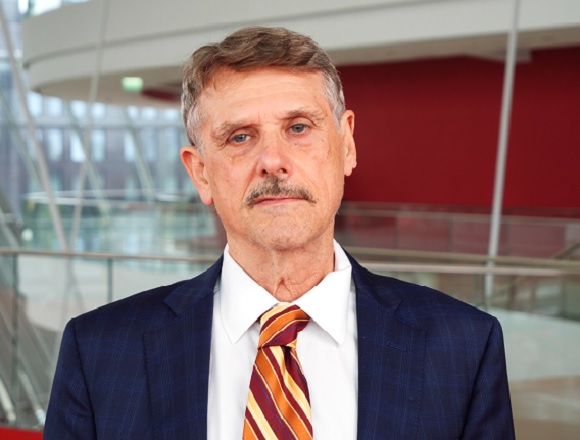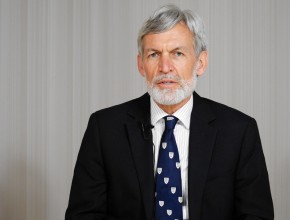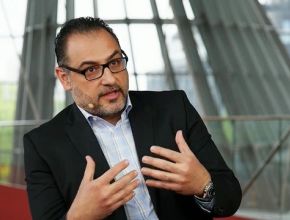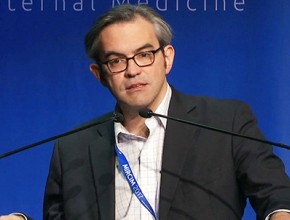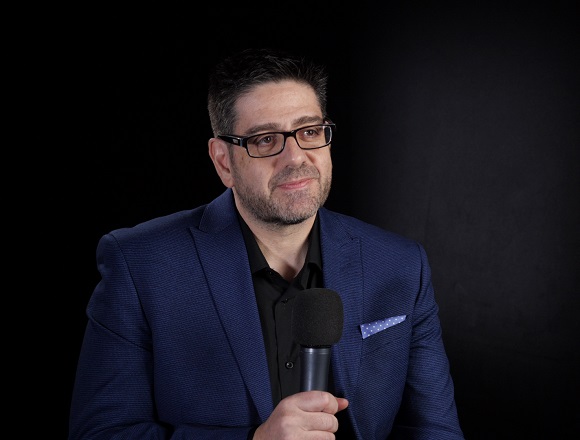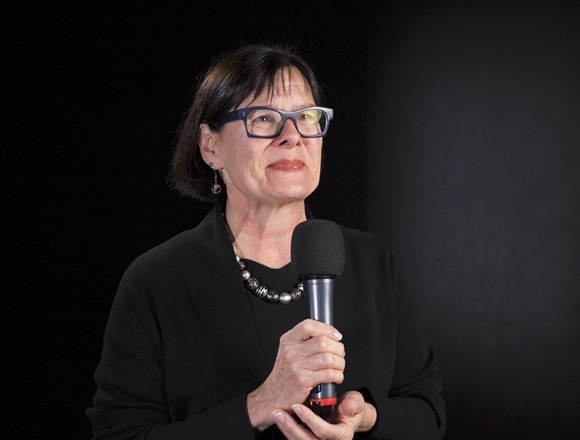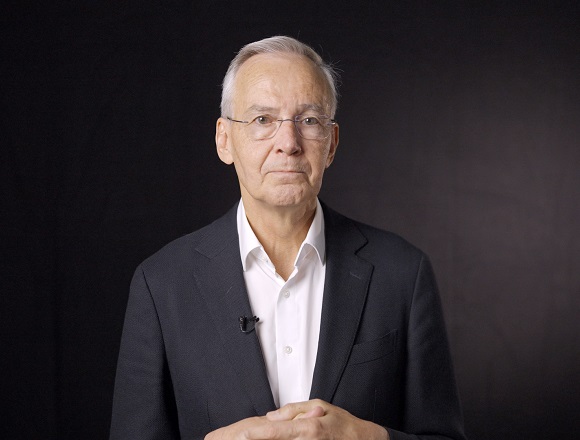Jill Rudkowski, MD, is an associate professor of medicine in the Division of Critical Care at McMaster University, intensivist at St Joseph’s Healthcare Hamilton, and assistant secretary for the Committees for Accreditation of Canadian Medical Schools (CACMS) and Continuing Medical Education (CACME).
You are one of McMaster leaders in educating medical students. Could you comment on the changes that have taken place in this area over the last several years?
I think there’s a number of things. I think very importantly, we’ve recognized that we need to focus on the outcomes of our students rather than on the processes that they achieve the outcomes. Through that we’ve been able to educate students in more what would have been considered nontraditional ways, like having students participate in their clinical education in rural practices, in small hospitals, in areas that were never considered part of medical education.
I think this is really important as we try to ensure that students who finish medical school have a broad approach to what we would like to call generalism, and that we don’t just encourage students to become specialists, but we help them to see all of the ways they can participate in care of patients. Particularly there’s such a huge need around the world for students to be trained to go into primary care and be experts across the care of the whole patient. I think that that will continue to move things forward.
The other part of that that I think is still evolving is being able to provide more assessment of learners in a way that doesn’t just make the stakes very high for them in the sense it’s not just about final exams and things that give you your grades, but it’s about giving feedback to learners on their everyday interactions with patients. It’s about giving them feedback on how they are as a professional, giving them guidance in all the aspects of medicine, not just their medical knowledge.
 English
English
 Español
Español
 українська
українська

